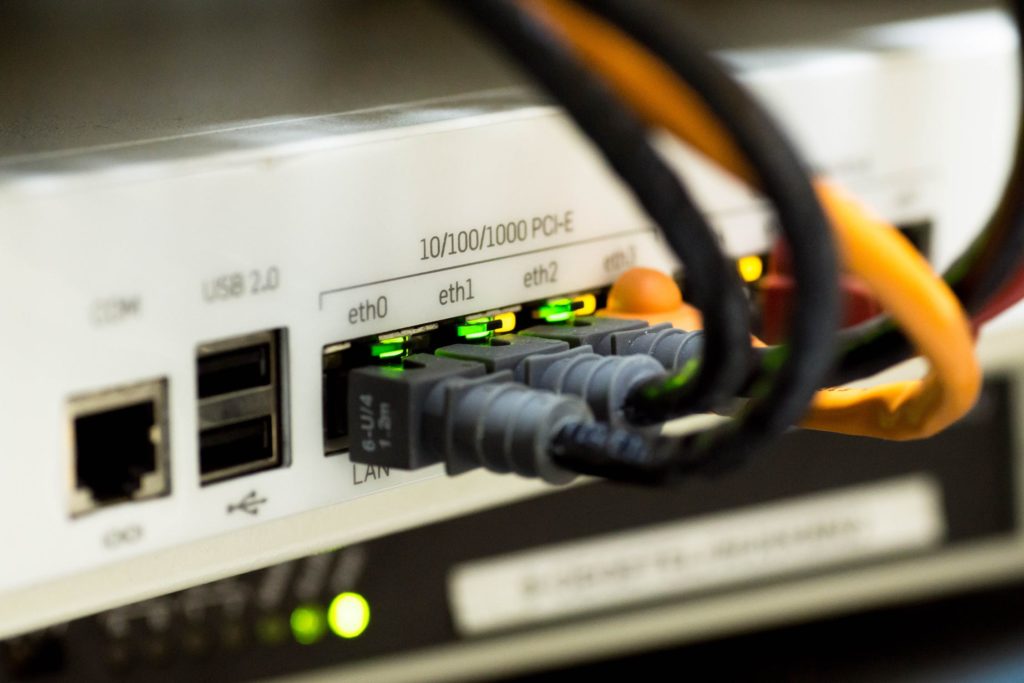Bridging the time and intelligence chasm

How technology can transform dark data into actionable insights It was British mathematician and consumer insights guru Clive Humby who coined the phrase ‘data is the new oil’. Since he first uttered those prophetic words back in 2006, data has become one of the most valuable commodities available to businesses worldwide. So much so that […]
The UK’s Data Challenge: From the Front Line

Data is a critical asset in enabling better decision making by all and is essential in translating nascent innovation into tangible economic growth when ysed responsibly and appropriately. But the lack of adequate access to well-labeled, trustworthy and sustainably unkept data is a direct and significant barrier to the flourishing of the UK’s SMEs. The […]
Can digital twins be trusted?

Gartner predicts that by 2025, billions of things will be represented by digital twins. But digital twins are still an emerging technology and rely on vast amounts of data. Are they secure? And how do you make sure your digital twin deployment is safe? This paper addresses the key digital twin cybersecurity issues, the essential […]
A Service-Oriented Co-Simulation

Holistic Data Center Modelling Using Thermal, Power and Computational Simulations Holistic modelling of a data center to include both thermodynamics and computational processes has the potential to revolutionize how data centers are designed and managed. Such a model is inherently multi-disciplinary, bringing together the computational elements studied by computer scientists; thermodynamics studied by mechanical engineers; […]
Rapid and accurate energy models through calibration with IPMI and RAPL

Energy consumption in Cloud and High Performance Computing platforms is a significant issue and affects aspects such as the cost of energy and the cooling of the data center. Host level monitoring and prediction provides the groundwork for improving energy efficiency through the placement of workloads. Monitoring must be fast and efficient without unnecessary overhead, […]
Energy-aware Self-Adaptation for Application Execution on Heterogeneous Parallel Architectures

Hardware in High Performance Computing environments in recent years have increasingly become more heterogeneous in order to improve computational performance. An additional aspect of such systems is the management of power and energy consumption. The increase in heterogeneity requires middleware and programming model abstractions to eliminate additional complexities that it brings, while also offering opportunities […]
Fog Orchestration and Simulation for IoT Services

The Internet of Things (IoT) interconnects physical objects including sensors, vehicles, and buildings into a virtual circumstance, resulting in the increasing integration of Cyber-physical objects. The Fog computing paradigm extends both computation and storage services in Cloud computing environment to the network edge. Typically, IoT services comprise of a set of software components running over […]
Smart Ledgers & Collective Defined Contribution Pensions

Veterans of the UK pensions scene often describe a former world in which pensions were organised on a best efforts basis. They tend to lament its passing and view the current situation, in which pensions promises are either hard and immutable, as is the case with UK defined benefit (DB) schemes, or non-existent, as is […]
Survey of advances and challenges in intelligent autonomy for distributed cyber-physical systems

With the evolution of the Internet of things and smart cities, a new trend of the Internet of simulation has emerged to utilise the technologies of cloud, edge, fog computing, and high-performance computing for design and analysis of complex cyber-physical systems using simulation. These technologies although being applied to the domains of big data and […]
Adaptive speculation for efficient internetware application execution in clouds

Modern Cloud computing systems are massive in scale, featuring environments that can execute highly dynamic Internetware applications with huge numbers of interacting tasks. This has led to a substantial challenge − the straggler problem, whereby a small subset of slow tasks significantly impede parallel job completion. This problem results in longer service responses, degraded system […]
